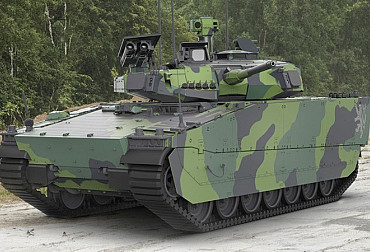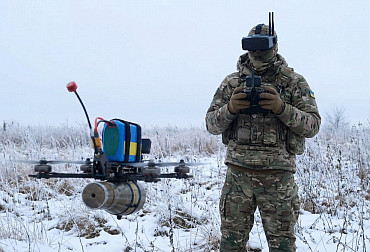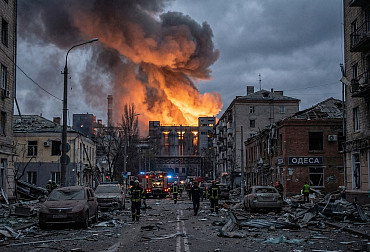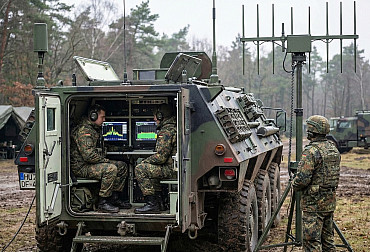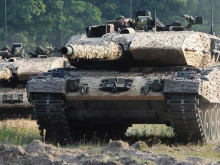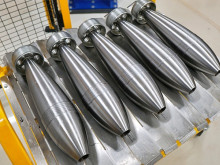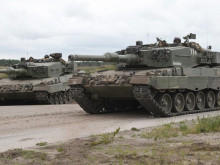Petr Pavel: We are dealing with Russia that still believes it has no reason to change its course of action
The three-day international security conference Globsec Forum is in full swing. Yesterday, when the conference began, speakers included the President of the Czech Republic Petr Pavel, and the President of the European Commission Ursula von der Leyen. Topics such as the defense of Europe, the importance of Central European states for the EU, the war in Ukraine, and joint research and development in various fields such as artificial intelligence, cybersecurity, and more were discussed.
In his opening remarks, Róbert Vass, president and founder of the global non-governmental think tank Globsec, reminded the audience that today we are very close to the center of a certain "storm", whether it be the war in Ukraine, the conflict in the Middle East, anti-democratic tendencies, economic interdependencies or the technological revolution, and stressed that this storm could seriously damage the foundations of the international order we have been building for so long. This is why, according to Vass, it is necessary not to wait but to act in order to tame this metaphorical storm, which should be helped by the various discussions and reflections during the three-day Globsec Forum conference.
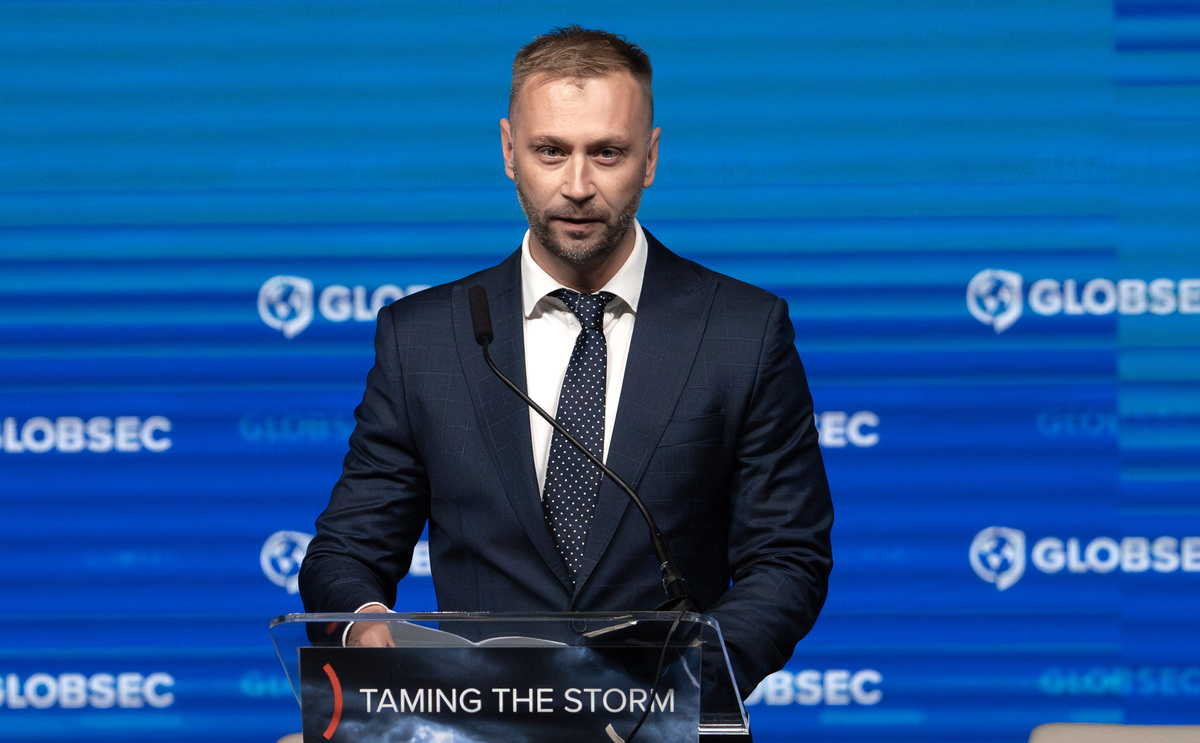
Róbert Vass also recalled the recent statement by Polish Prime Minister Donald Tusk that we are living in pre-war times. However, the situation is even more complex, according to Vass. "Whether we want it or not, a war is already being waged against us," said the Globsec founder, referring not only to the Russian invasion of Ukraine but also to the war within our society – in the information space, the use of energy supply as a weapon for geopolitical gains, the sabotage of communication networks, cyberattacks, and more. "The Kremlin and a large number of Russians believe they are at war with the West and NATO, and it would be foolish of us to pretend that this war will pass if we ignore it long enough," Vass said, recalling the historical fact that the solution cannot be found in concessions, but in building the strength and resilience of society and individual institutions. According to Vass, we should also focus on technological innovation, which ultimately determines the strength of a country's economy and military. "The United States and China have embraced this principle. We in Europe are too slow. We are losing competitiveness," Vass warned in this context.
Czech President Petr Pavel subsequently mentioned in his speech on the war in Ukraine that we are facing a long conflict with an uncertain outcome. "However, time can work in Ukraine's favour and in our favour, but only if we buckle down and learn the right lessons from the past two and a half years. At the moment, we are dealing with a Russia that still believes it has no reason to change its course. We must continue to provide sufficient and predictable support to Ukraine. Russia must understand that it is no longer in its interest to stay in this war," said President Pavel, adding that it is in our own interest to persist in supporting Ukraine.
Petr Pavel further noted that Europe, as a continent, faces structural economic problems, where its low self-sufficiency in critical raw materials, pharmaceuticals, and semiconductors hinders European economic development.
Regarding European technological developments, the President said: "Although we remain pioneers in many areas, we are lagging behind the US. Some Asian countries and India are leading the way in many areas of technological development and the use of new technologies. It is time to recognize that our technological competence and progress will determine our geopolitical relevance and the security of our citizens." On this theme, Pavel then praised the establishment of the GeoTech Summit initiative, which brings together political leaders and leading technology companies to foster collaboration and accountability in today's geopolitical environment. "There is no doubt that we need more cooperation, not only between governments and businesses, but also between the EU and the US. But I would say more between Europe, the US and other democratic countries of the world. It is time to start breaking down barriers to deepen our cooperation in science, research and development and in new technologies such as quantum computing, artificial intelligence, cybersecurity and advanced defence technologies," President Pavel urged.
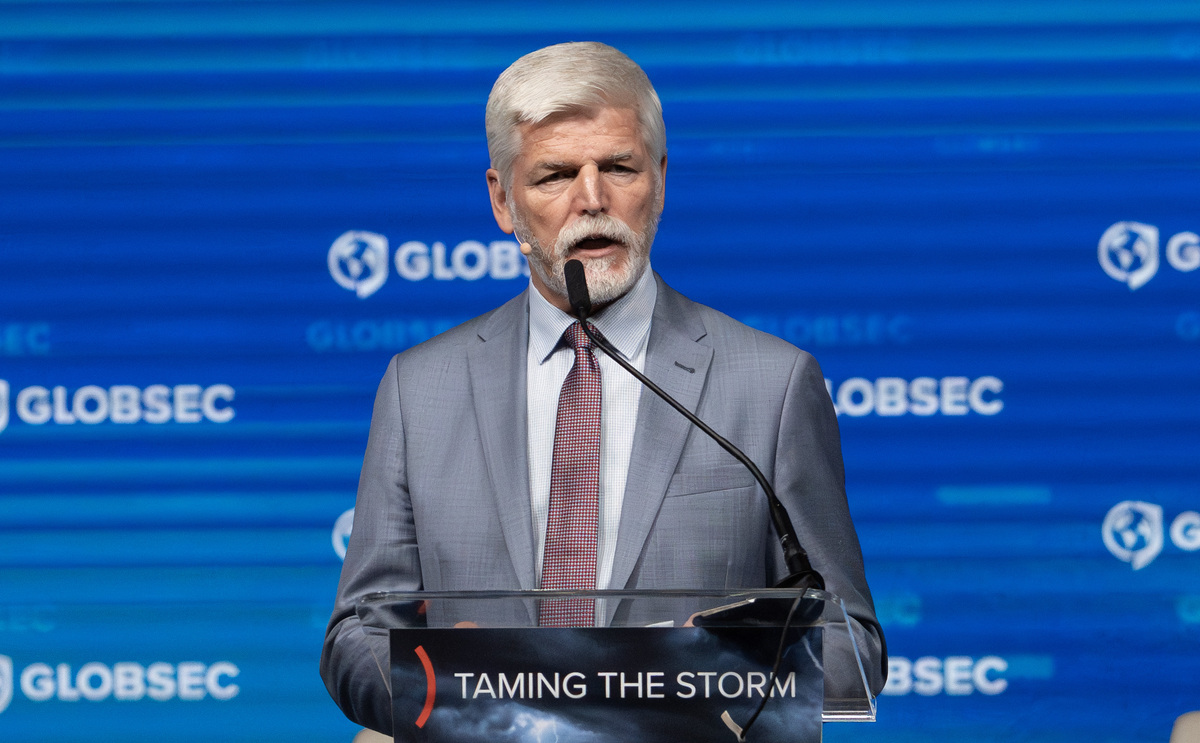
President also stated that the capabilities of the European defence industry must be restored and that we must prepare to face sabotage and well-organised cyber-attacks. According to Pavel, society must also be more resistant to disinformation campaigns that seek to weaken and divide social cohesion in every possible way.
The next speaker was the President of the European Commission (EC), Ursula von der Leyen, who stated at the very beginning of her speech that Central Europe is politically and strategically crucial for the future of the European Union. She reminded the audience that last year the biggest investors in this region were not German or French companies, but Czech companies. Von der Leyen also mentioned Poland, which she said has one of the most dynamic economies in Europe.
"The resilience of most Central European countries in the face of Russia's war of aggression in Ukraine has been and continues to be remarkable. I think that the European West has a lot to learn from the European East," continued the EC President in her speech, describing the Central European region as the "beating heart" of European solidarity since the very beginning of the Russian invasion of Ukraine.
Ursula von der Leyen also acknowledged that Central and Eastern Europe, which had already warned years ago about Putin's intentions, should have been listened to more. She also recalled that today some politicians within the Union, even in Central Europe, blame the war in Ukraine not on the attacker but on the attacked. "So I want to ask them: would you blame the Hungarians for the Soviet invasion in 1956? Would you blame the Czechs for the Soviet repression in 1968? The answer to this question is quite clear. The Kremlin's behavior was illegal then and is illegal today," said the President of the European Commission. On the question of possible peace talks between Ukraine and Russia, von der Leyen added: "I would like to say to all those who are asking whether it is not time for such talks that it is primarily up to our Ukrainian friends to answer this question."
Von der Leyen said the Russian invasion has opened Europe's eyes. For decades, many argued that economic interdependence was the ultimate source of security, and so Europe bought Russian gas as a guarantee that Moscow would never start a war on the old continent. But this proved to be an illusion when Putin traded his country's prosperity for his own imperial ambitions. What was seen as a source of security has in fact become a source of vulnerability. 'However, Putin's attempt to blackmail our Union has not only failed utterly, but has actually triggered a surge in European domestic renewable energy, which makes us independent. We have learned our lesson," said von der Leyen, who emphasized that we must produce our own energy.
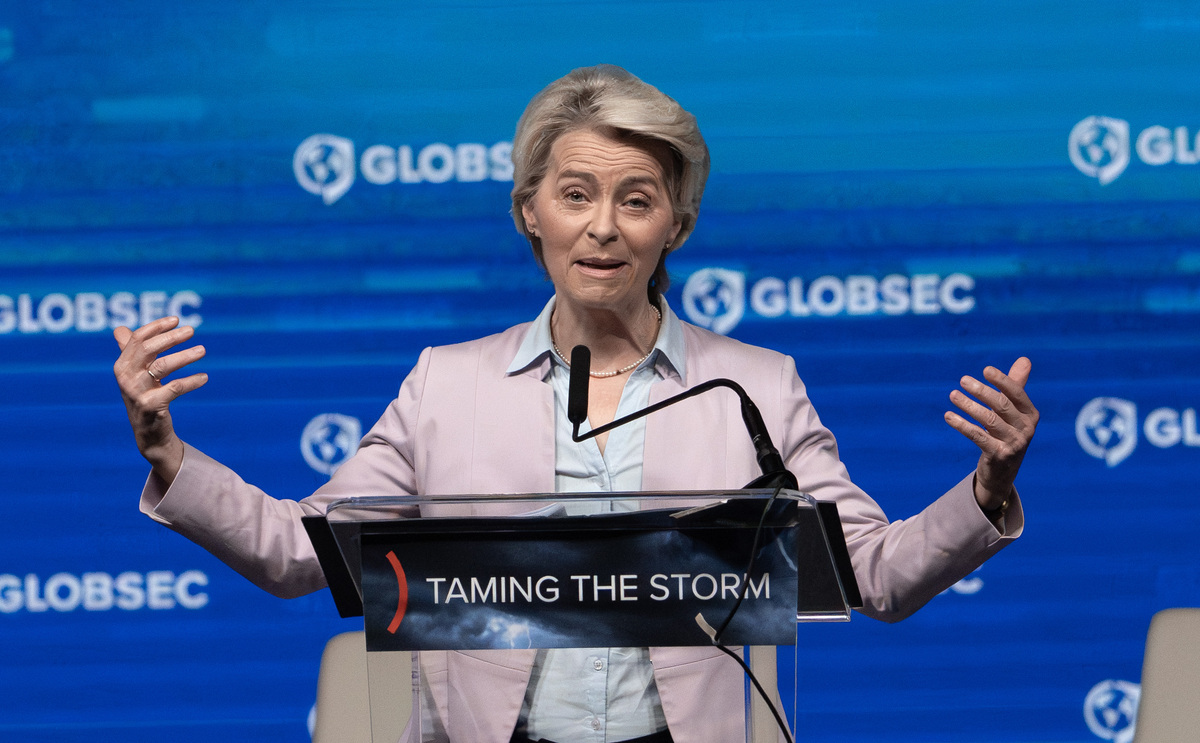
In the context of new technologies and artificial intelligence, according to the EC President, stressed the need to design our own European solutions, where innovation and competitiveness in this area will be an essential part of Europe's future prosperity and long-term security.
Thanks to Russian aggression, Europe has also overcome its long-standing reluctance to spend enough on its own defence. Protecting Europe is, in von der Leyen's view, first and foremost Europe's duty, and while NATO must remain the center of collective defence, Europe needs to be much stronger in this area and must have its own means to defend and deter a potential adversary.
"We have already made unprecedented progress since the war began. Member states have increased their defence spending from just over $200 billion before the war to nearly $300 billion this year. Our defense industry has also adapted to the new reality. We have reopened production lines, and we have awarded new contracts. We're cutting red tape so we can produce more, faster. But that's not enough. The reality is that even if Europeans take the current security threats seriously, restructuring our defence industry will take time and massive investment. Our goal must be to build a continent-sized defence production, and Central Europe is very well placed to be one of the drivers of this new impetus for the European defence sector. This is a challenge for small countries and small companies to learn to think big, really big. There must be a systemic overhaul of European defence. And that is why I am appointing a Defence Commissioner in the next European Commission," said the President of the European Commission, adding that we must think of the Union as an inherently security-oriented project in which Central Europe plays a crucial role.











